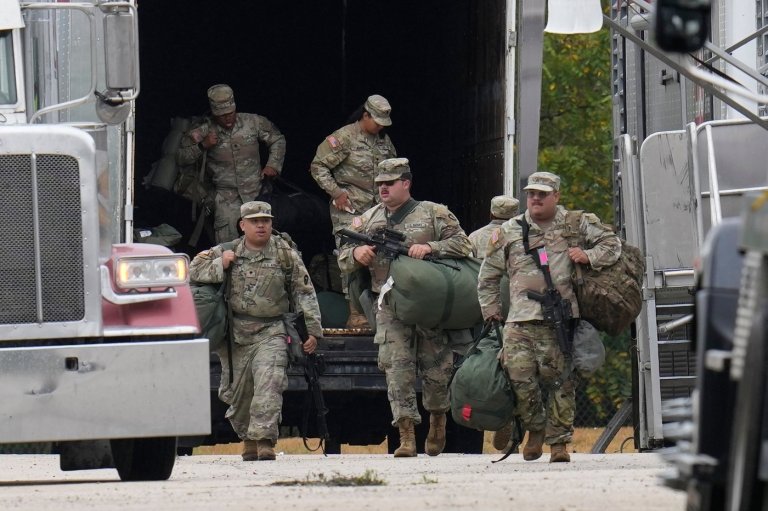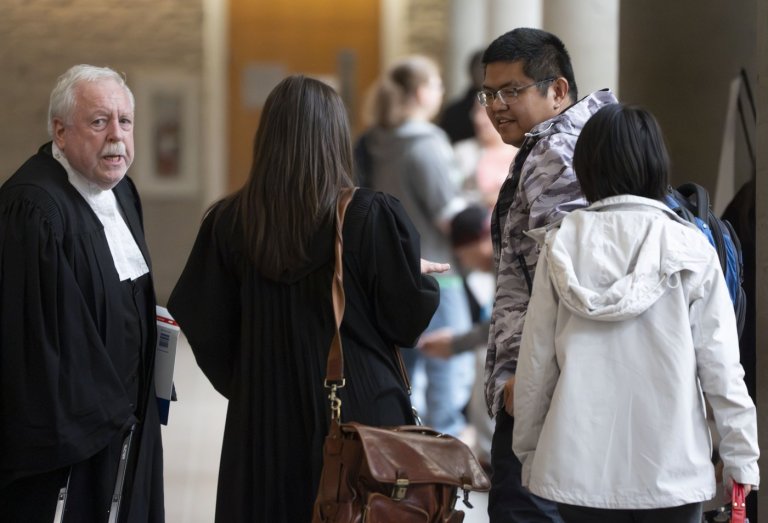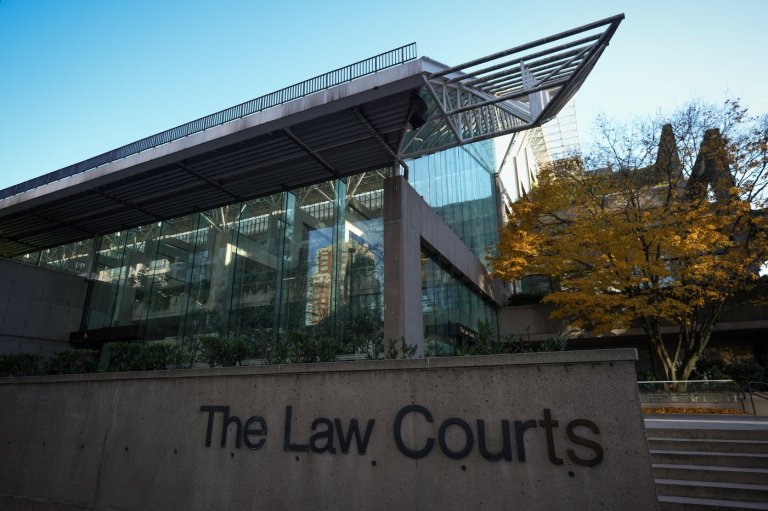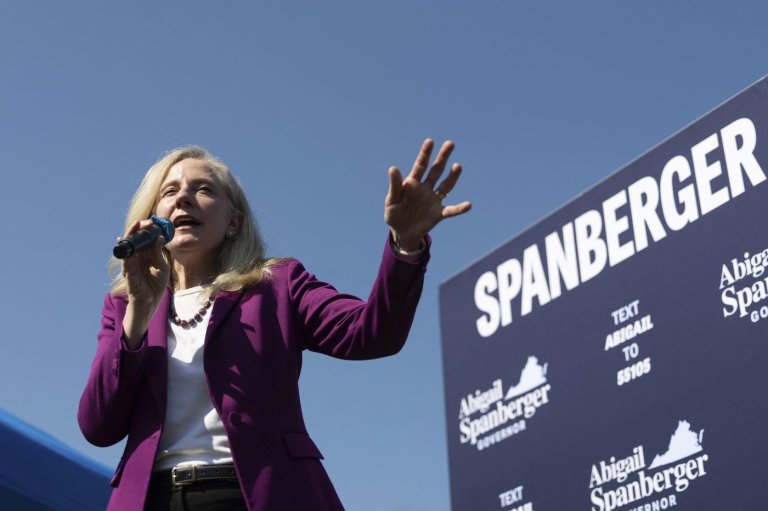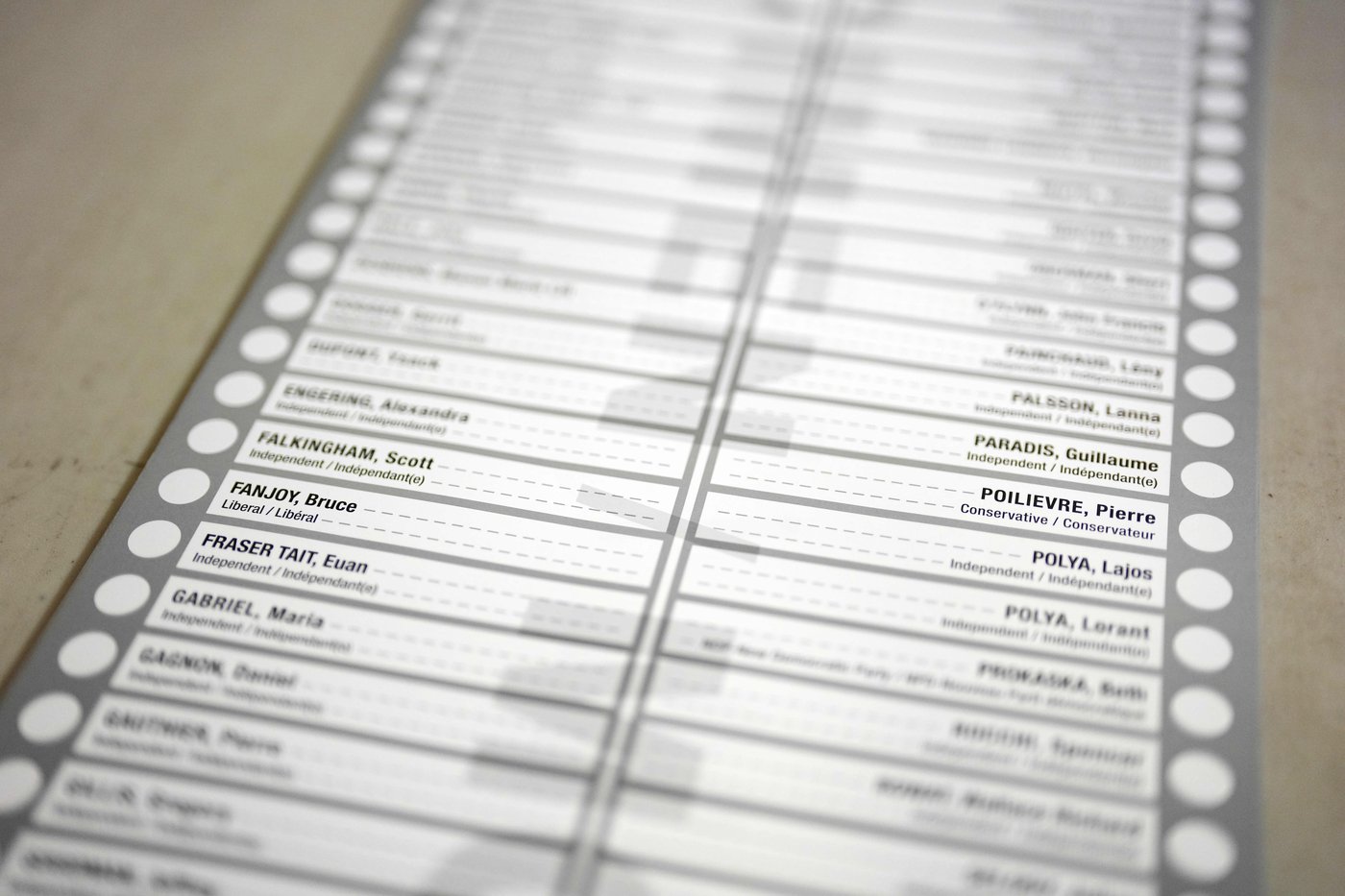
MPs question Longest Ballot Committee organizer during probe of spring election
OTTAWA — An organizer behind a protest group that signed up hundreds of candidates in recent elections told members of Parliament on Tuesday that his invitation to appear before a House committee is proof of the group’s success.
Tomas Szuchewycz was a witness for the Longest Ballot Committee at a meeting of the procedure and government affairs committee, which is studying the way the longest ballot protest affected recent byelections and the April federal election.
Szuchewycz was listed as the official agent for nearly all of the 200 people who signed up to run against Pierre Poilievre in the summer byelection that returned the Conservative leader to the House of Commons.
Elections Canada had to create a modified write-in ballot for that vote in Battle River—Crowfoot.
The longest ballot group says it’s pushing for electoral reform and has signed up dozens of candidates in byelections dating back to 2022.
It targeted Poilievre’s riding of Carleton in the April election — which resulted in a ballot more than a metre long — before taking aim at the Alberta byelection in August. The Conservatives have since vowed to make changes to the Elections Act to put an end to such protests.
“Canadians would be well served by a permanent, independent, nonpartisan body to oversee the full framework of election law,” Szuchewycz said in his opening statement.
He told MPs the group has been “successful beyond anything I honestly could have ever imagined,” citing media attention.
Bloc Québécois MP Christine Normandin questioned whether that attention proves the group’s message is actually resonating.
Conservative MP Michael Cooper accused Szuchewycz of failing to follow Elections Canada’s rules. Cooper claimed that the group was collecting signatures to nominate candidates before the candidates were actually chosen.
Cooper’s accusation — which Szuchewycz denied — forms the basis of the Conservatives’ call for a legal change that would limit the number of candidates any one elector can nominate in a race.
Candidates need signatures from 100 people in a riding to get on the ballot. Szuchewycz confirmed that his group had people sign nomination papers for multiple candidates during the Alberta byelection.
Chief Electoral Officer Stéphane Perrault wrote to then-democratic institutions minister Dominic LeBlanc in September 2024 to call for changes after the Longest Ballot Committee took part in a byelection in LaSalle-Emard-Verdun.
Poilievre, who called the longest ballot group’s actions a “scam” over the summer, has also called for reforms that would limit an official agent to representing only one candidate in a race.
The committee also heard Tuesday from Peter Loewen, dean of the college of arts and sciences at Cornell University and a professor in the department of government. He called the group’s methods a “signature-harvesting exercise.”
Loewen, whose past work included the Canadian election misinformation project, also said he thinks most Canadians would “find it curious” that the group was able to use one agent to sign up all of the candidates.
“I think you can certainly strike a legislative sweet spot which makes it possible for local people who want to run for the sake of running, even if they’re not a part of a major party, to get on that ballot by earnestly seeking a large number of signatures, while tailoring the rules to not allow for the monkeying of ballots,” he said.
Loewen cited the Rhinoceros Party — which has run candidates in many Canadian elections over the years on satirical platforms — as a kind of harmless intervention in elections.
The Longest Ballot Committee, he said, “believes that we should have a different electoral system, despite constant demonstrations that Canadians don’t want that and constitutional affirmations that our electoral system is democratic.”
Loewen said it’s a good idea to make it harder for unserious candidates to get on the ballot.
“Canada’s reputation of well-run elections is hard-earned and well-deserved. It’s not funny to monkey with this,” he said.
But he also cautioned that MPs place themselves in a conflict of interest by making rules about elections, and said any changes should be carefully weighed.
This report by The Canadian Press was first published Oct. 7, 2025.
Join the Conversation!
Want to share your thoughts, add context, or connect with others in your community?
You must be logged in to post a comment.














